The unemployment benefits system has many shortcomings, researchers argue in a new paper published by MIT. They were laid bare by the coronavirus pandemic.
Expanded federal benefits are scheduled to lapse in December, potentially leaving millions of people with no income.
Emergency federal programs to assist the unemployed in the pandemic will expire at year’s end if there is no congressional action.
With the CDC eviction order set to expire at the end of the year, hundreds of thousands of renter households across the country may still lose their homes.
Despite moratoriums on evictions during COVID-19, renters across the country say their landlords found back-door ways to kick them out.
Florida became the eighth state and the first in the South to adopt a $15 minimum wage. Replicating this in other states and on the federal level remains a challenge.
No school is immune from the financial disruptions caused by the pandemic, but those with hefty endowments and reserves are faring better than those without. Colleges that are heavily reliant on tuition are watching their revenue dry up as enrollment has fallen, while the expense of testing and reopening has risen.
A double-digit dip in the number of students who have applied for federal aid for college has experts concerned.




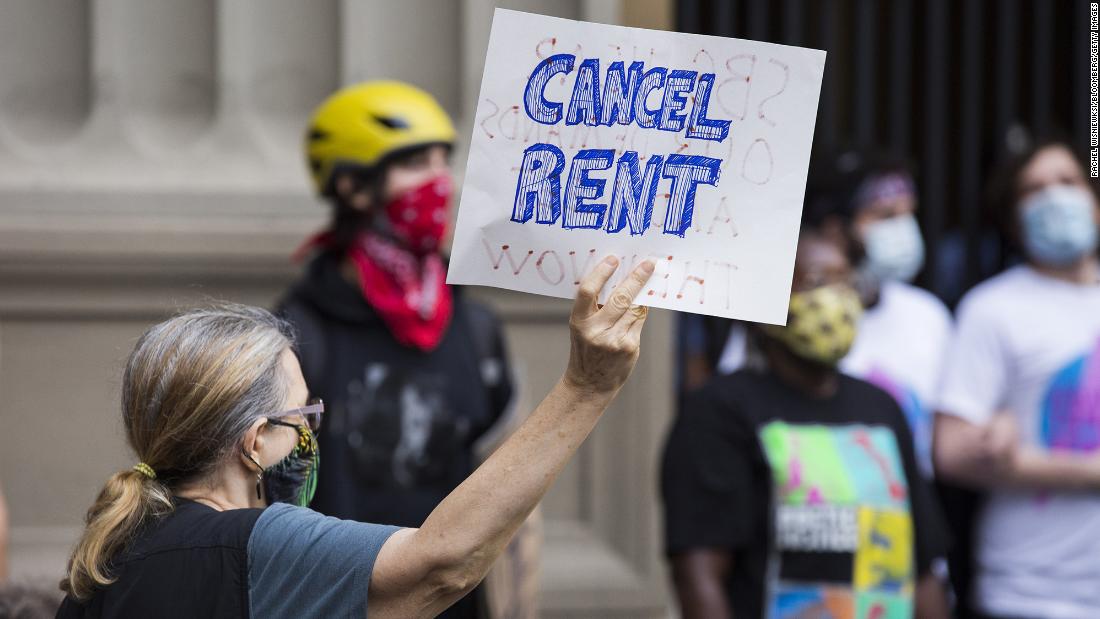




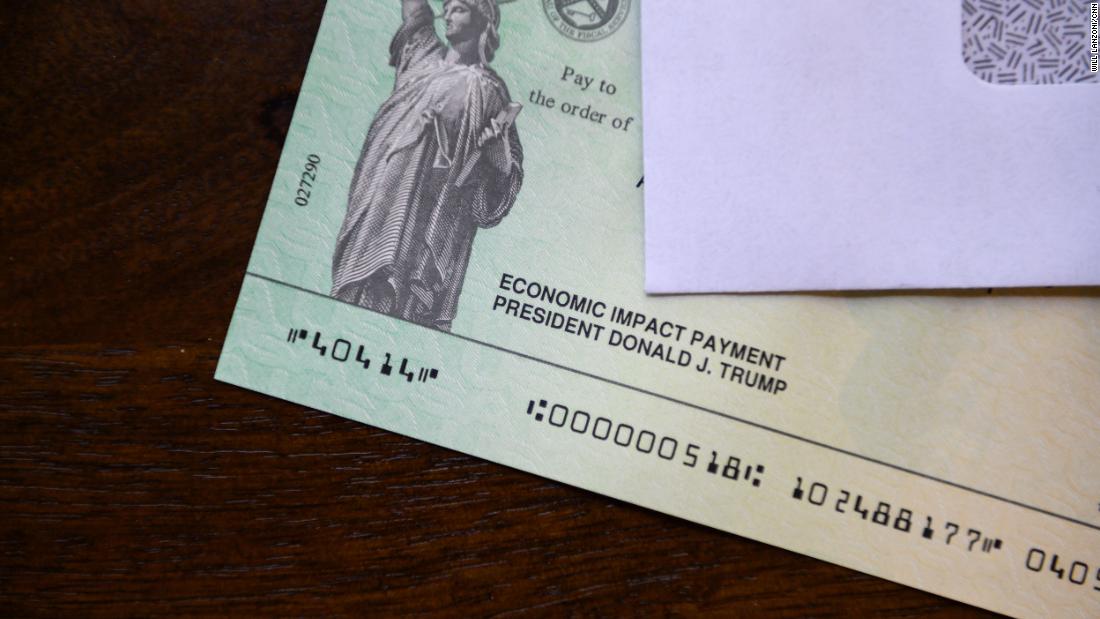

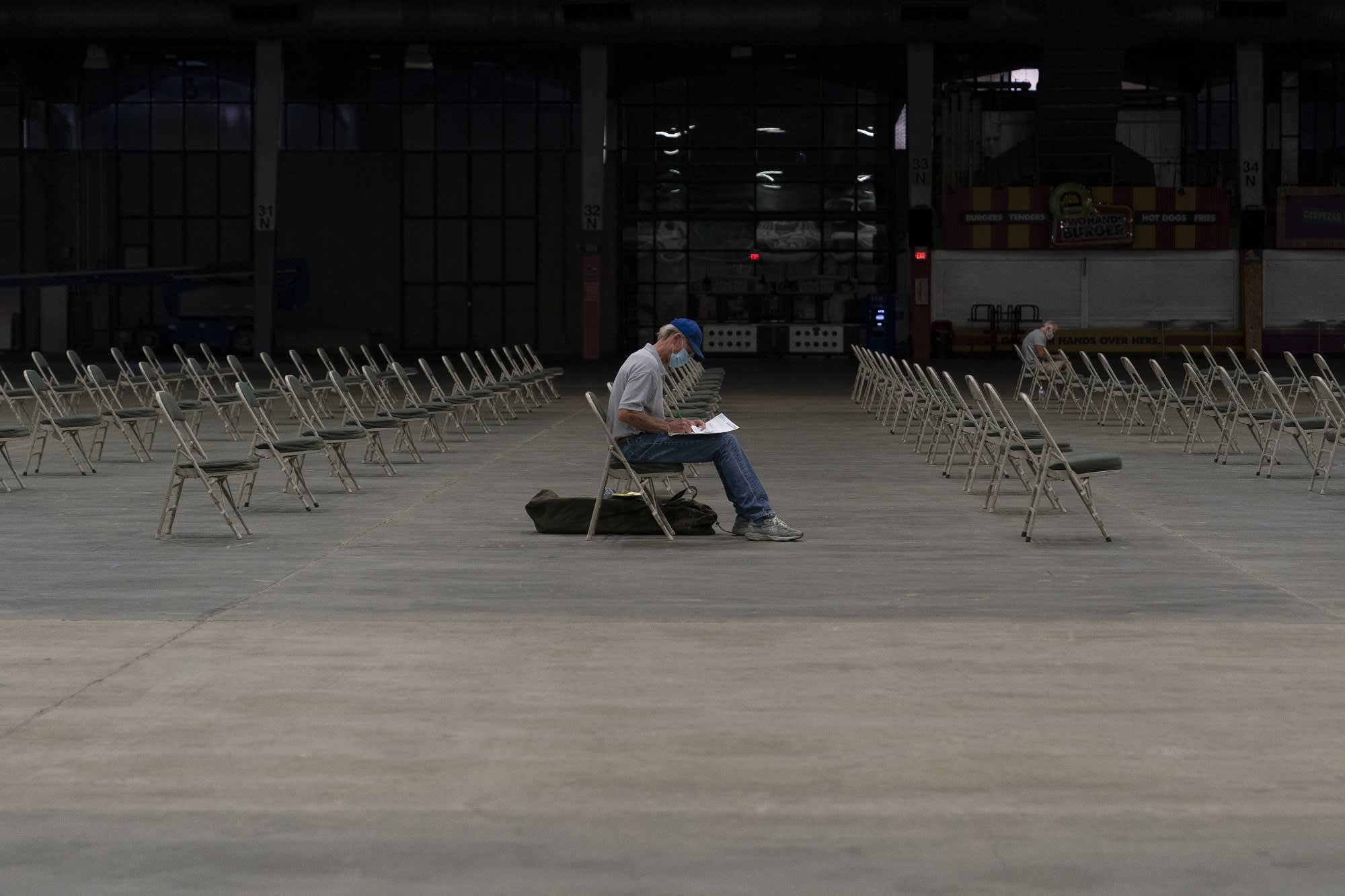

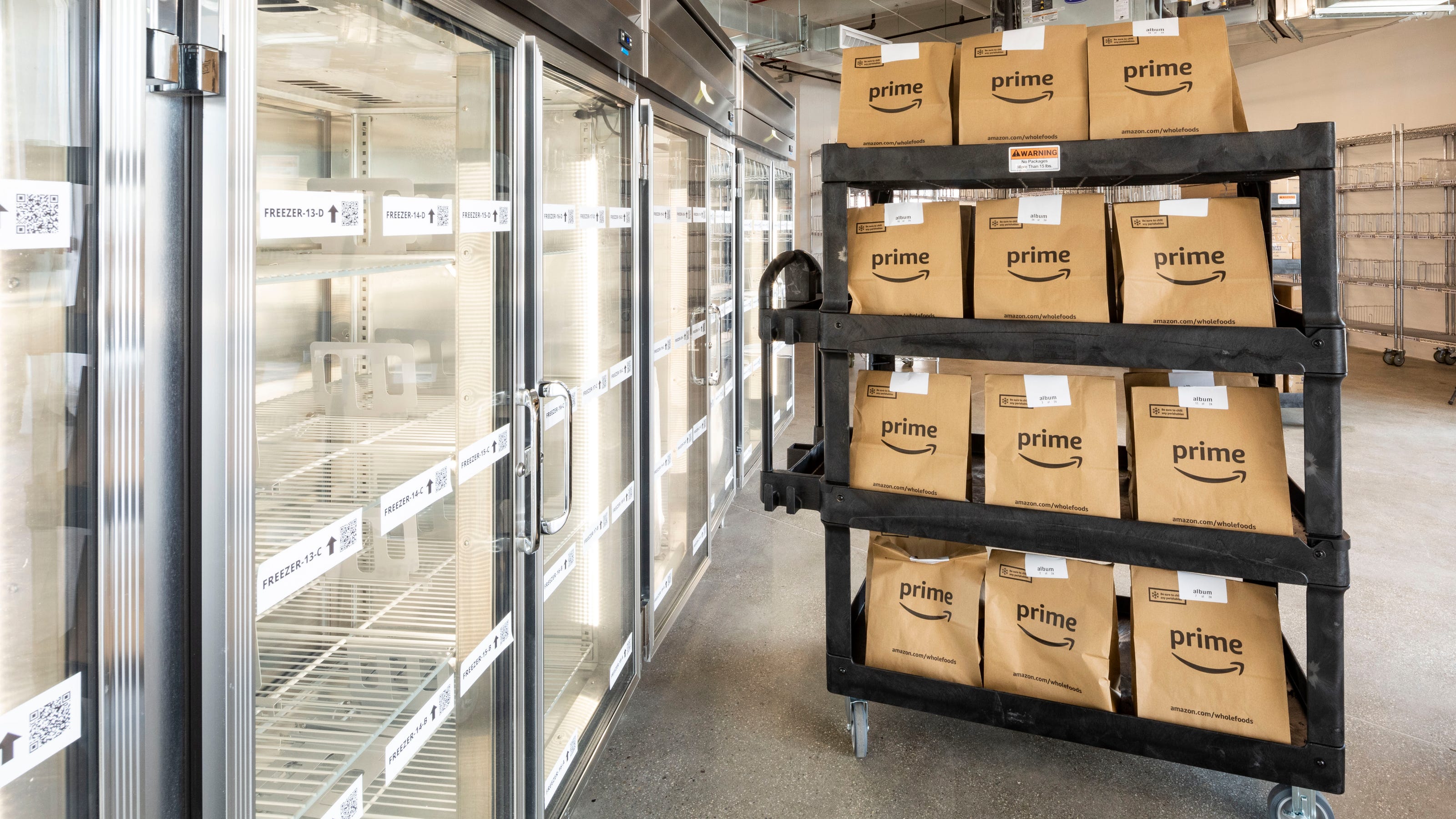
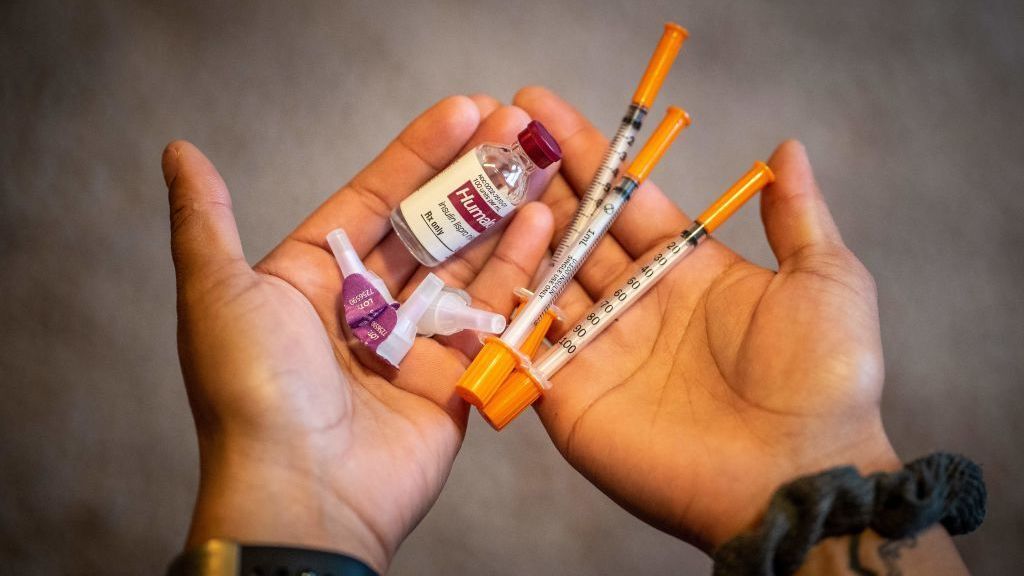

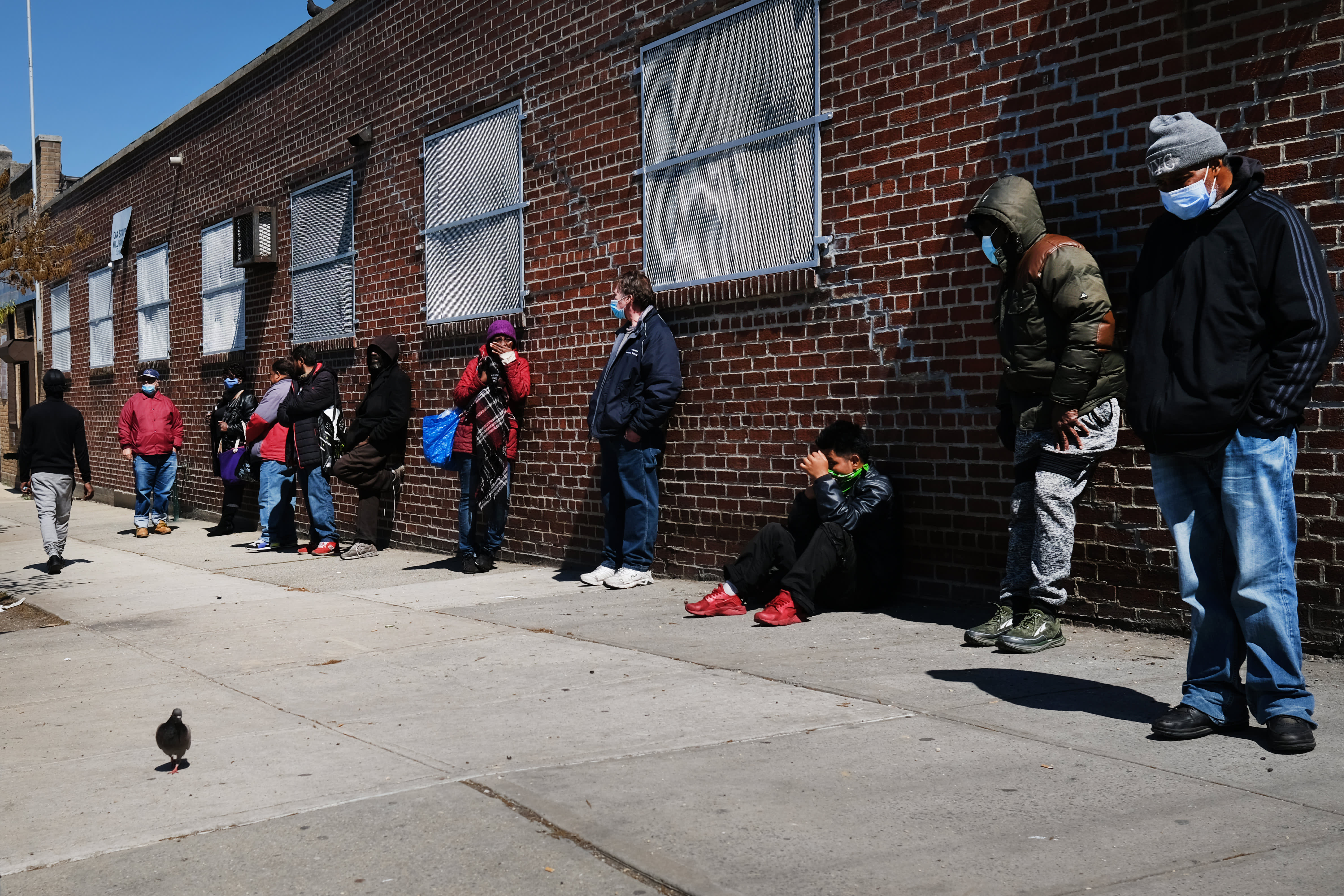

/cloudfront-us-east-1.images.arcpublishing.com/dmn/7RJJZXFQYNC67KIXZ3I3AZZ2EI.JPG)



